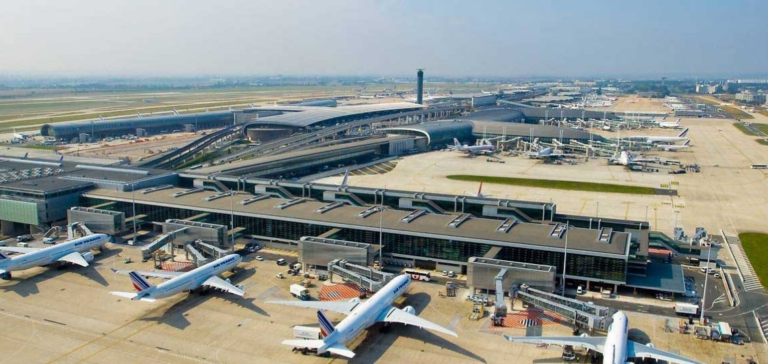In an era when energy transition is paramount, Verso Energy’s announcement of a major investment in the production of low-carbonhydrogen and synthetic fuels marks a decisive turning point. The project, expected to cost 500 million euros, aims to set a new energy standard for Paris airports.
Verso Energy is committed to the production of hydrogen by electrolysis of water, with a planned capacity of 350 megawatts, equivalent to over 50,000 tonnes of hydrogen annually. This initiative comes at a time when the European Union is stepping up its efforts to reduce its carbon footprint, requiring airlines to gradually incorporate synthetic fuels from 2025.
The Synthetic Fuels Revolution in Aviation
The hydrogen produced will serve two main purposes: direct consumption by local industries, notably in the chemical and steel sectors, and the production of synthetic fuel. This last aspect is of the utmost importance, as it represents a major step forward in the search for alternative solutions to fossil fuels for aviation.
Xavier Caïtucoli, President of Verso Energy, underlines the strategic importance of this project, describing it as an essential milestone in the post-oil era. The project also confirms the crucial role of the Seine axis in the decarbonization of industry and air transport, a sector that is particularly fossil fuel-intensive and a significant contributor to greenhouse gas emissions.
Hydrogen and Decarbonation: A Turning Point for the Air Industry
This project joins other similar initiatives in the region, such as projects by Air Liquide and Engie, also aimed at producing synthetic fuels for sea and air transport. These competing developments attest to the emergence of a dynamic ecosystem around hydrogen, a key energy carrier for the future.
Verso Energy, strengthened by its partnership with solid financial players, is also involved in another electrolyser project in Saint-Avold (Moselle), demonstrating its commitment and ability to be a major player in the energy transition. The company, co-founded by Xavier Caïtucoli and Antoine Huard, is positioned at the forefront of this energy revolution, armed with significant expertise and robust financial backing.
Verso Energy’s project represents a crucial step in the quest for sustainable alternatives to fossil fuels. This is a promising initiative that could redefine airport energy supply and have a positive impact on the fight against climate change.






















